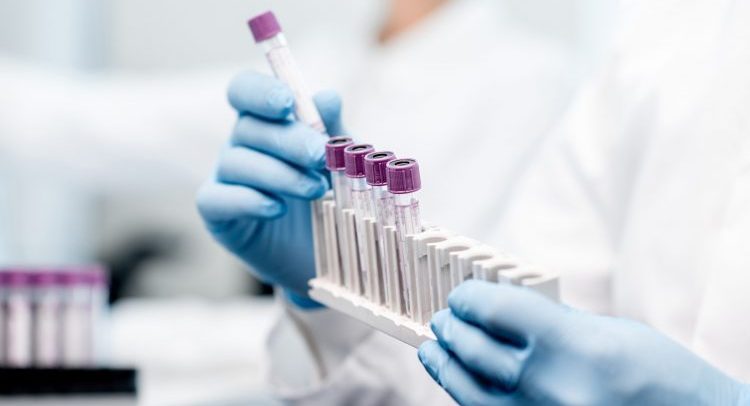PCR systems market in Japan to grow at 5 per cent CAGR through 2033, forecasts GlobalData
GlobalData’s latest report, “Polymerase Chain Reaction (PCR) Systems Market Size by Segments, Share, Regulatory, Reimbursement, Installed Base and Forecast to 2033,” reveals that Japan’s automated qPCR systems market accounts for around 53 per cent of the Asia-Pacific market in 2024
Antimicrobial resistance (AMR) is a serious health problem globally, including in Japan, imposing a severe clinical and economic burden on both patients and the society. Polymerase chain reaction (PCR) systems, which offer great sensitivity and specificity in detecting resistance genes and infections across a variety of settings, have become indispensable instruments in the fight against this expanding issue. Against this backdrop, Japan’s PCR systems market is set to grow at 5 per cent CAGR through 2033, forecasts GlobalData.
GlobalData’s latest report, “Polymerase Chain Reaction (PCR) Systems Market Size by Segments, Share, Regulatory, Reimbursement, Installed Base and Forecast to 2033,” reveals that Japan’s automated qPCR systems market accounts for around 53 per cent of the Asia-Pacific market in 2024.
Nandini Nagpal, Medical Devices Analyst at GlobalData, comments, “Conventional PCR systems used for monitoring AMR often face limitations in throughput and efficiency, making it difficult to process large sample volumes quickly without compromising accuracy. The need for new, advanced technologies is evident to address these limitations, offering faster, more accurate results with minimal hands-on time, thereby improving both the efficiency and reliability of AMR monitoring.”
Takara Bio USA, a subsidiary of Japan-based Takara Bio, has recently introduced the SmartChip ND Real-Time PCR System, an advanced, research-use-only (RUO) qPCR platform designed specifically for high-throughput AMR monitoring. With its flexible design, the system supports a wide range of configurations, making it ideal for broad surveillance applications. According to the company, the system will be available for shipment in Q4.
Nagpal concludes, “In Japan, where AMR has been a long-standing challenge, efforts to combat it span across medicine, livestock, and aquaculture. The establishment of robust AMR surveillance systems through initiatives such as the AMR Alliance Japan reflects the country’s commitment to addressing this issue. By strengthening research capabilities and promoting early interventions, Japan aims to improve patient outcomes and develop more effective public health strategies.”
Edits made by EH News Bureau
- Advertisement -


